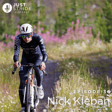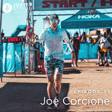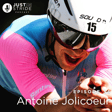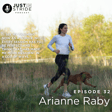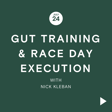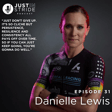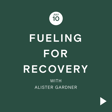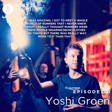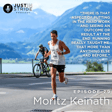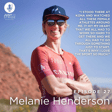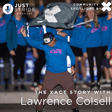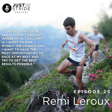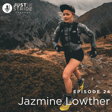
Sarah Wells on her Olympic path, going from a non-athletic person to an Olympian, self belief, life after sport, pursuing excellence, keynote speaking professional sports, overcoming injuries
Part of what makes this show a success is your involvement, dedication and recommendations. When you like something about the show you let me know but when you have suggestions you let me know too and for that I’m grateful. It helps me learn, develop and grow as a creator that I hope will translate into an even better listening experience.
On this episode of Just In Stride I had an uplifting conversation with Olympic hurdler, Silver Medalist and Keynote Speaker, Sarah Wells.
She wasn’t a natural athlete in high school by any means but her track coach saw potential in her that she didn’t see in herself and was he ever right.
Sarah harnessed that talent and became one of the best 400m hurdlers in Canada, ultimately landing her on the 2012 Olympic team in London. That achievement certainly didn’t come without its challenges and adversity along the way. She shares the power of belief in oneself and how to pursue excellence in our own race, in what was an incredibly inspiring conversation.
-------
Offer from Xact Nutrition: This episode is presented by our friends at Xact Nutrition and they are offering you 15% OFF your order when you use the code JUSTINSTRIDE. So head to xactnutrition.com and fuel your goals today! Now shipping in Canada and the U.S.
Thanks for tuning in to the Just In Stride Podcast. I truly appreciate you taking the time to listen and I hope you enjoyed that conversation as much as I did. Please take a minute after this to rate and review our show on Apple Podcasts. With your feedback we’ll be able to make the show even better and it’ll help us reach new listeners too. You can also find us on Instagram @justinstridepod and YouTube @justinstridepod for all the latest episodes and updates. Glad you came along for the ride with Just In Stride!


